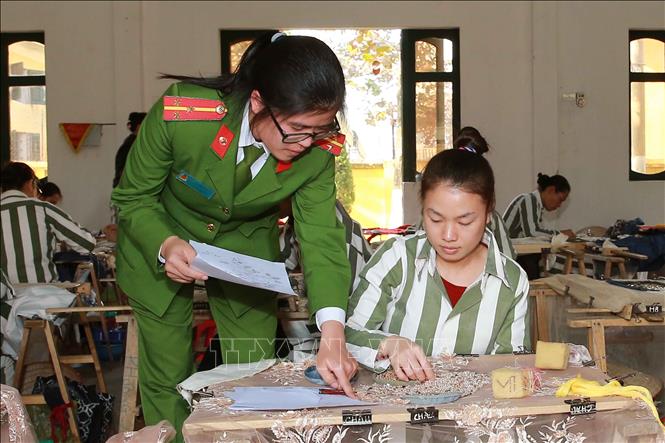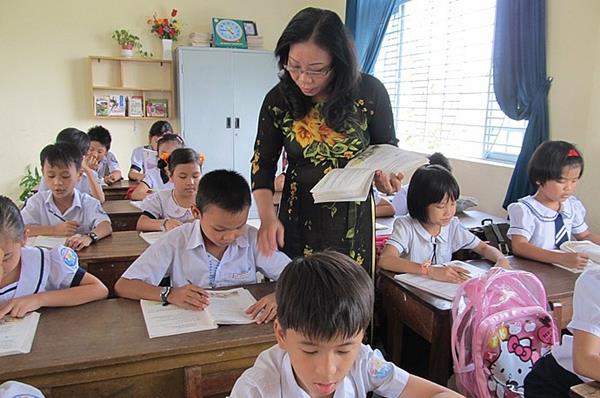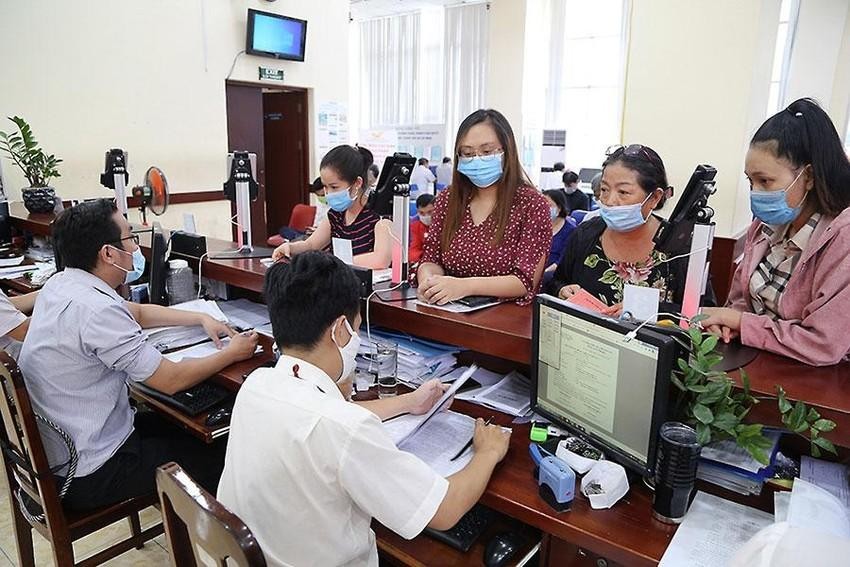What are the prohibited acts of the warden police in Vietnam? - Thuy Duong (Khanh Hoa, Vietnam)

06 acts that are strictly prohibited by the warden police in Vietnam (Internet image)
Regarding this issue, LawNet would like to answer as follows:
1. Standards of the warden police in Vietnam
According to Article 4 of Circular 31/2016/TT-BCA, the standards of the correctional police are prescribed as follows:
- Must be a person of good political quality, well-versed in the Party's lines and policies, the State's laws, and with professional knowledge.
- Have a high school diploma or higher from one of the police, security, or other schools.If you graduate from a school other than the People's Police, you must go through a security or police training course.
2. 06 acts that are strictly prohibited by the warden police in Vietnam
Specifically, in Article 3 of Circular 31/2016/TT-BCA, the warden police are strictly prohibited from performing the following acts:
(1) Things that officers and soldiers of the People's Public Security Service are not permitted to do.
(2) Borrowing, begging, buying, selling, exchanging, or receiving money or gifts in any form from campers and their relatives.
(3) Arbitrarily contacting relatives of detainees for personal purposes. The need to contact inmates' relatives in order to coordinate management and education of inmates must be approved by the director of the compulsory education institution (hereinafter referred to as the director) and must take place in the visiting room of the visiting home.
(4) Allowing detainees to use illegal means of communication and store and use prohibited objects while managing the camp.
(5) There are words or acts that infringe upon the health, life, dignity, discrimination, or abuse of campers; disclosing a camper's private life is not in accordance with the regulations.
(6) Falsifying records and documents related to campers; using campers for personal purposes.
3. Powers of the warden police in Vietnam
The correctional police have the following powers:
- Apply professional measures as prescribed by law and the Ministry of Public Security to manage and educate inmates.
- Coordinate with the Mobile - Security Police Team and other professional teams to detect and prevent violations of the law and the Regulations of the compulsory educational institution; check letters and gifts from campers; monitor the contents of the campers' phone conversations in accordance with the provisions of Decree 02/2014/ND-CP.
- Develop plans, coordinate with professional teams in managing and educating campers.
- Take the initiative, coordinate, propose, and participate in the meeting to consider and propose to raise and lower the category and organize the management of campers by type; classify the execution of decisions on consignment to compulsory educational institutions, request a reduction of the time limit, temporary suspension or exemption from serving the remaining period of application of measures to handle administrative violations of the decision on sending the camper to a compulsory educational institution.
- Coordinate with officers on duty of compulsory education institutions to select and introduce inmates belonging to camps and camp teams for election to the Camp Self-Management Board; propose the dismissal of members of the Self-Management Board of the camp, when the camper violates the Regulations of the compulsory educational institution, is unable to complete the task or for other legitimate reasons.
- Coordinate with professional teams to propose commendation, discipline, extension of discipline, reduction of discipline time for campers in groups and campers.
(Article 10 of Circular 31/2016/TT-BCA)
4. Tasks of the warden police when receiving inmates to their groups and teams
According to Clause 1, Article 7 of Circular 31/2016/TT-BCA, when receiving detainees back to their groups and teams, the prison guards must perform the following tasks:
- Study the file, let the camper write an autobiography;
- Capturing identification features, including face, gait, and voice of campers;
- Know the last name, birth name, common name, alias of the camper;
- Know the background and illegal behavior of campers, including: hometown, permanent address, occupation of father, mother, brother, sister, spouse, children, other relatives, own operation process, causes, circumstances, conditions of violation ;
- Understand the evolution of thought, opinion, lifestyle, attitude towards the decision and the implementation of the decision of the camper.
Tran Thanh Rin
- Key word:
- warden police in Vietnam
 Article table of contents
Article table of contents









